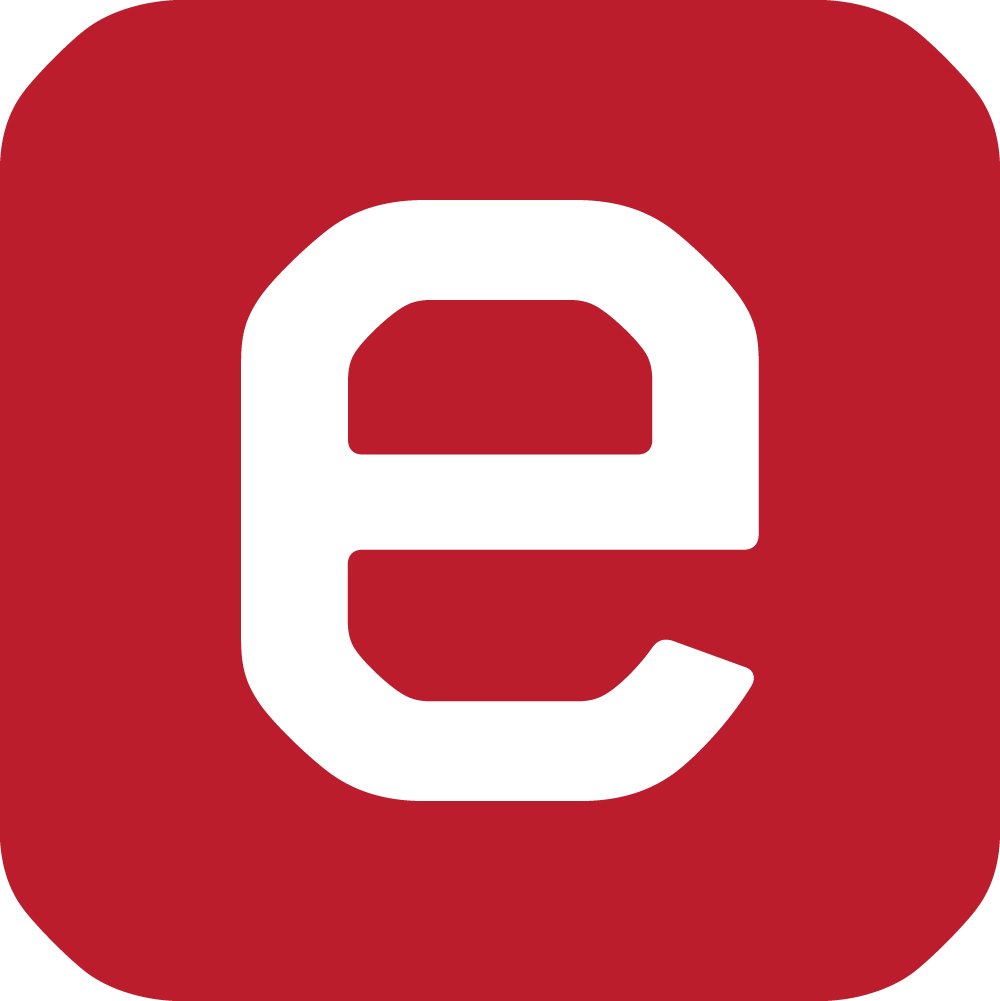Rise in cyber threats increase the need for e-Boks’ services

Over the past year, a growing number of industries have recognized secure digital communication as an effective and trustworthy solution. Non-Governmental Organizations (NGOs) and utility companies are prime examples of two very different sectors that, in 2024, achieved significant success by sending vital information digitally. This trend illustrates how choosing the right platform can help organizations comply with regulations, cut costs, build public trust and ensure customer engagement.


Are you a Danish Business?
Discover our tailored B2B solutions here.
Mailboxes are being checked less frequently, and many consumers feel uneasy about emails. According to a recent Voxmeter survey, one in three Danes often delete emails without reading them, and a large portion hesitate to click on links for fear of phishing. Meanwhile, 20 percent admit to having deleted legitimate emails, mistaking them for scams. These challenges affect all types of senders, including well-known companies such as NGOs and utilities that have traditionally relied on physical mail or email.
In January 2025, a new EU directive was implemented in the Danish electricity sector, tightening rules that certain communications must be delivered in a “durable medium.” Legislators have stressed that the company portals frequently used by utilities cannot be characterized as “durable media” and do not meet the additional requirement of proactively informing customers about certain things, such as electricity bills and changes in prices. Coupled with the increasing costs of physical mail, many have turned to digital post - a compliant and secure solution for meeting legal requirements while ensuring customer engagement.
NGOs are also experiencing increased pressure from higher postage costs following the implementation of a new Danish postal law in 2024, which has made sending physical letters significantly more expensive.
The growing costs and need to protect valuable brands, public trust and ensuring customer engagement and resulting funding, is critical to NGOs. Furthermore, these charitable organizations depend on the goodwill of their supporters and want to be transparent in how they handle personal and financial data. A widely accepted, easily recognizable digital platform has helped ensure that members and donors feel safe opening their documents without phishing concerns.
A key insight from the Voxmeter survey is that 95% of all Danes prefer to receive messages from their utility provider via a digital mailbox rather than by postal mail. Only a small minority prefer receiving messages through company portals or apps. Email still has some support, but widespread phishing concerns create a barrier that results in loss of customer engagement, low opening rates or the deletion of important notices.
The survey also indicates a growing willingness to handle everything from membership fees to subscription changes digitally, provided the platform is perceived as secure. Notably, one in five Danes have already deleted genuine emails mistakenly believed to be fraudulent, and three out of four Danes regularly receive suspicious emails. The digital route can therefore be a solid solution - as long as it comes from a well-known, clearly validated sender.
Ældre Sagen, a Danish NGO dedicated to supporting older adults, has taken the leap by sending out lottery tickets and membership fee reminders digitally to its members. The transition makes it easier to reach their audience and allows them to make payments without fearing phishing, which has boosted conversion rates. They can send lottery tickets directly to e-Boks, ensuring participants can always retrieve them. With an upcoming law on charitable games and lotteries removing the requirement for physical tickets, both print costs and logistics are significantly reduced. By integrating a payment solution such as MobilePay (a Nordic mobile payment service widely used by consumers), members can quickly and easily pay dues or make donations in just a few clicks.
As the new directive on “durable media” imposes stricter requirements on electricity providers, delivering bills and contract changes digitally through e-Boks makes sense. Consumers get faster access to essential information and fewer physical letters - often forgotten in a physical mailbox. Utility companies can reduce costs and streamline their operations, aligning with the sector’s goal of appearing sustainable and future-proof. A digital approach also promotes a greener profile by reducing paper and postage consumption, and it delivers messages securely in real time. Consumers receive timely information without the delays of physical mail, and providers meet data security and encryption requirements.
NRGi, a leading Danish energy provider, merged with Natur Energi, requiring the transfer of customers’ payment agreements to a new corporate registration (CVR) number - an action that demanded explicit written consent from each customer. Initial attempts to gather these consents by email yielded a response rate of only 4%. By switching to e-Boks, NRGi leveraged the platform’s high open rates and the trust Danes place in this service, raising the response rate to 70%. This 66% increase in digital engagement helped NRGi overcome one of its greatest communication challenges: ensuring that critical messages requiring direct customer action were actually received, read, and acted upon.
Large, reputable brands are often exploited in phishing scams, creating challenges for e.g., NGOs and utility companies: genuine emails are frequently deleted because recipients doubt the sender’s authenticity or end up in spam folders. When messages are delivered through a secure, digital platform, recipients feel safer opening and acting on, e.g., payment requests. This feeling of safety is built on digital trust, the very foundation of what a Digital Postbox is built on.
Although NGOs and utility companies might seem worlds apart, they share the same need to communicate securely and credibly to large groups of recipients. Their experiences can inspire other industries that have yet to consider digital solutions. Any organization or business needing to handle sensitive data, deliver critical information to customers or members, ensure high opening rates or that recipient act as required, can benefit from exploring how a proven digital platform meets both legal requirements, consumer behavior trends, and the growing challenge of phishing.